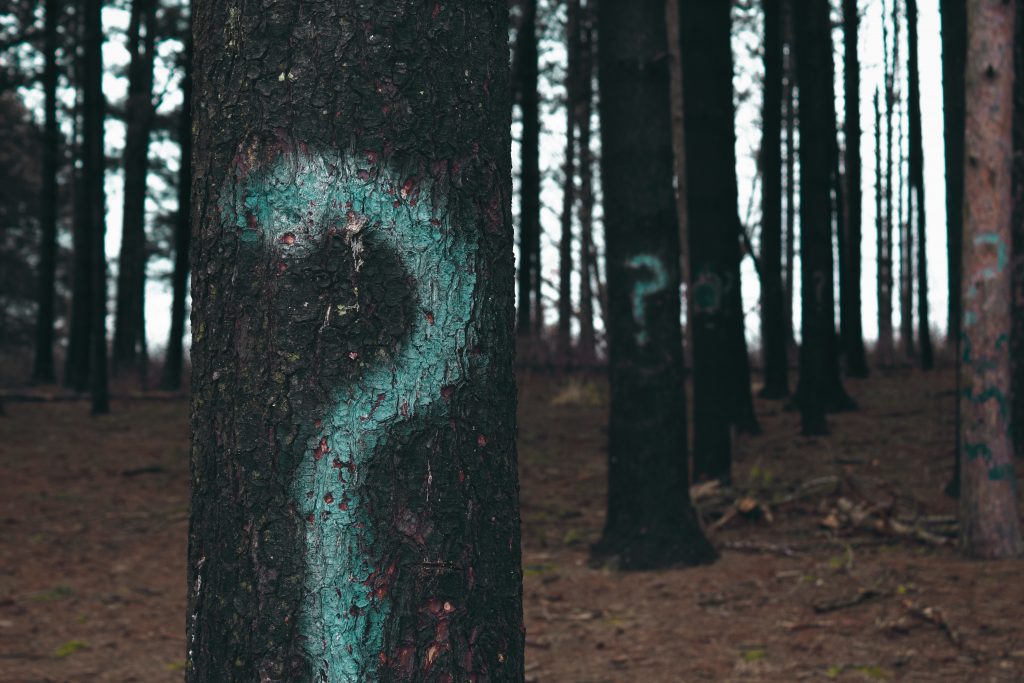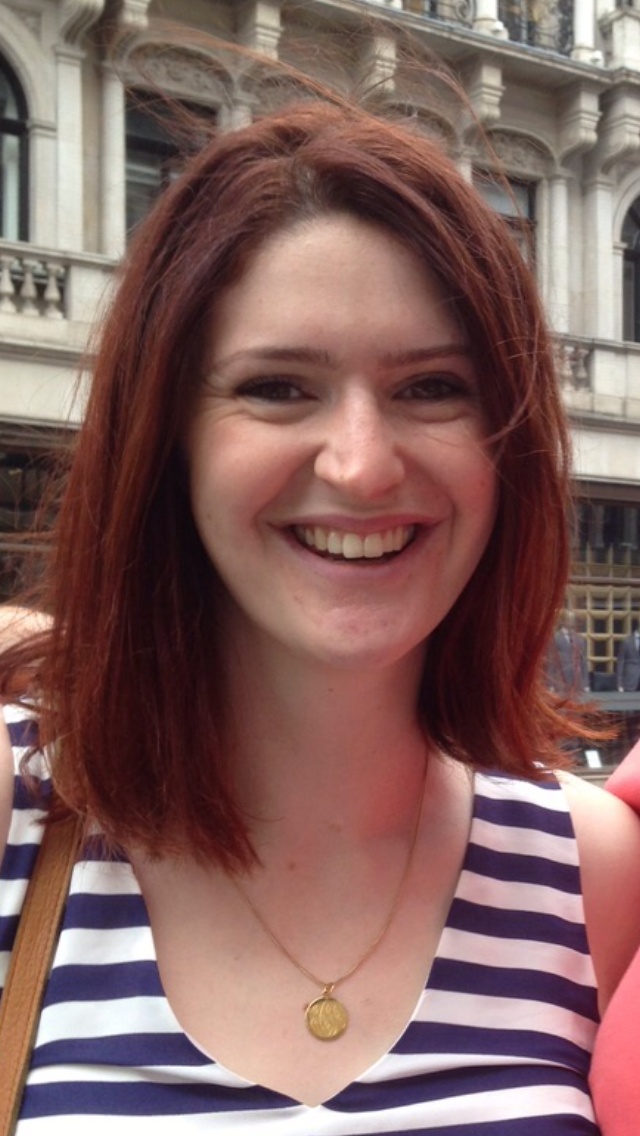A judge has ruled that a 16-year-old boy’s human rights have been breached by keeping him in solitary confinement at a young offenders institution. However, the court stopped short of saying that the treatment amounted to cruel, inhuman or degrading treatment.
A boy known in the High Court papers as ‘AB’ is serving a 12-month sentence in Feltham Young Offenders Institution in West London. He has a history of carrying out violent offences, including assaults on prison officers, and of being physically and verbally aggressive to other detainees.
The authorities at Feltham decided that, because of this, AB shouldn’t be allowed out of his cell at the same time as other offenders. In practice, this meant that he was confined to his cell for up to 23 hours a day. He had little or no contact with anybody, and was deprived of access to education and other activities.
In the court proceedings brought on AB’s behalf, the Howard League for Penal Reform argued that the institution had breached many of the rules around the use of solitary confinement and that the detention breached his rights under the Human Rights Convention. This included his rights under Article 8 to a private and family life, and his rights under Article 3 to be protected from cruel, inhuman or degrading treatment.
Following the rules
 Image Credit: Evan Dennis / Unsplash
Image Credit: Evan Dennis / Unsplash
There are various rules governing how a young offenders institution should be run. Young people who are detained in institutions like Feltham are supposed to receive at least 15 hours of education or training per week. When AB was first placed in solitary confinement, he received no education at all for the first 55 days, and just 15 hours in total for the two-month period leading up to the court hearing.
When it comes to placing someone in solitary confinement, young offender institutions must carry out regular reviews of whether the confinement should continue. In AB’s case, these reviews did not take place for large parts of his detention.
The judge concluded that because AB’s confinement had not been in accordance with the rules on removal from association, his Article 8 right to respect for private life had been infringed. His lack of education was also unlawful. The court accepted that, during periods when AB had no educational provision at all, “the lack of mental and physical activity contributed to his frustration and so to his disruptive behaviour”.
What amounts to inhuman and degrading treatment?
 Image Credit: Gabriel Barletta / Unsplash
Image Credit: Gabriel Barletta / Unsplash
However, the main focus of the judgment was on whether AB’s treatment amounted to inhuman or degrading treatment, which is prohibited by Article 3 of the Human Rights Convention.
Although there has never been a case on this specific issue, the Human Rights Court has considered breach of Article 3 in relation to adults in solitary confinement. In a case called Ramirez-Sanchez v France, the Court said that in order for solitary confinement to reach the level of inhuman or degrading treatment, a judge should consider whether it was used with the aim of humiliating or debasing the person concerned, and whether it adversely affect the prisoner’s personality.
The judge in AB’s case did not accept that the purpose of his confinement was to humiliate or debase him. He said that there was, at all times, a proper reason for keeping AB apart from everyone else, namely to protect officers and other detainees from AB, and also to protect AB from violence from other young offenders. AB’s behaviour “created significant challenges”, and even if the rules around solitary confinement had been applied properly, there would still have been a reason to keep him apart from everybody else.
The judge also said that many efforts had been made to reintegrate AB back into the general population, and that he had regular contact with officers, other staff, and his lawyers. He had also received proper medical care and attention, and there was no evidence that his health had worsened while he was in solitary confinement. For these reasons, the judge said that AB’s treatment was not “inhuman or degrading” within the meaning of Article 3.
Is the UK out of step with the rest of the world?
 Image Credit: Ruthie / Unsplash
Image Credit: Ruthie / Unsplash
The Ministry of Justice welcomed the judgment, saying that, when properly used, solitary confinement is, “an essential tool to manage offenders who would otherwise pose a significant risk to staff and other prisoners”.
However, the Howard League for Penal Reform, a charity which campaigns for changes in the prison system, said it was “disappointed” that the judge had stopped short of finding that AB’s treatment was inhuman or degrading.
Our press release on today’s important High Court judgment about a boy’s prolonged solitary confinement in Feltham: https://t.co/oT9NRU1dYq pic.twitter.com/NpksNBwBuN
— The Howard League (@TheHowardLeague) July 4, 2017
They pointed out that the UK’s use of solitary confinement on children and young people is at odds with many other countries. Various international bodies and figures (including Juan Mendez, a former United Nations Special Rapporteur on Torture, and the United Nations Committee on the Rights of the Child) have said that solitary confinement for children should be abolished. Last year, former President Barack Obama banned the use of solitary confinement for detained children and young people in the United States.
The Howard League are planning to appeal this part of the judgment. It remains to be seen whether a higher court will take a different view.
Want to know more?
- Find out about how children and young people are treated in detention in the UK.
- Read our explainer on human rights and prisoners.
- Check out our resources on Article 3 and Article 8 rights.







